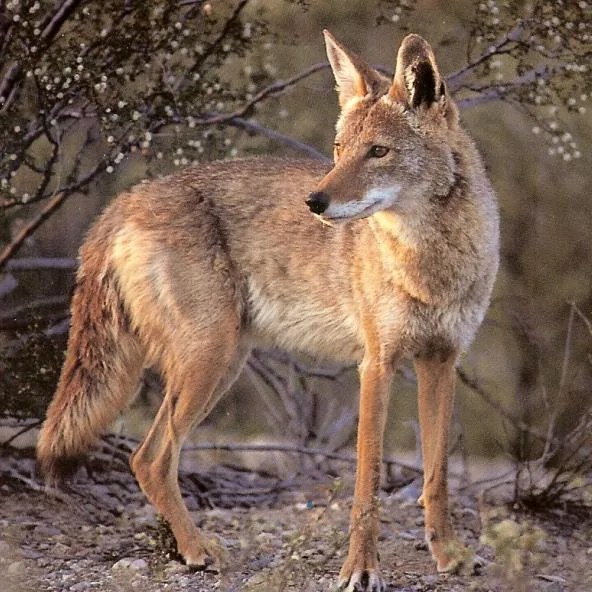COLORADO SPRINGS, Colo. – Weeks of searching and trapping resulted in the capture of a coyote found with human DNA on its paws and human food in its stomach, leading Colorado Parks and Wildlife to conclude it is the animal that attacked a 4-year-old child on Thanksgiving.
As a result, the pursuit of coyotes in the north Colorado Springs neighborhood has ended.
But the investigation into illegal wildlife feeding continues because the necropsy and DNA testing in a lab confirmed there was human DNA deep between the coyote’s toes. It also revealed the animal had human food in its stomach.
“The good news is that this neighborhood is safe because we caught and removed the coyote that attacked the child on Thanksgiving,” said Tim Kroening, CPW’s wildlife manager for the Pikes Peak area. “The bad news is that a 4-year-old child suffered serious injuries and her family was traumatized because someone was feeding wildlife.
“Since we began our search, we routinely saw three coyotes that boldly approached houses and clearly had lost their fear of humans. This tells us they were searching for food. As a result, we continue to investigate the source of the feeding.”
Kroening said the coyote was not to blame for its actions. But CPW could not leave it on the landscape because its lack of fear of humans made it an ongoing threat to other children.
“Our first obligation is to protect human health and safety and we can’t allow dangerous predators to attack children,” Kroening said. “This is exactly why we constantly preach the dangers of feeding wildlife.”
Coyotes live across Colorado, adapting well to urban areas where they find shelter and easy meals. Like most wildlife, coyotes are naturally afraid of humans. But they can lose that fear and become bold and aggressive if they are protecting their young, being fed or are sick.
Witnesses say the child was attacked as a large group of children were playing nearby under adult supervision. Two children in the yard saw an animal they believed was a dog crouching behind a tree and approached it. The coyote lunged at the girl, grabbing the back of her head, inflicting serious injuries as an adult rushed to the child, screaming, to end the attack. The child’s injuries required an overnight stay at a hospital and several surgeries.
In light of the attack, CPW urges everyone to familiarize themselves with important tips for keeping coyotes wild and afraid of humans and to protect their children and pets. CPW offers a variety of hazing strategies and safety information on its website.
“Coyotes are omnivores and will eat anything,” Kroening said. “Typically they only get aggressive in the spring when they have pups in a den. Or they get aggressive because someone in the area is feeding them.”
During the three-week search, CPW and its partners removed two coyotes that repeatedly returned to the scene of the attack. The carcasses were sent to health labs and examined for human DNA and tested for diseases, like rabies. The coyote found to have DNA on its paws tested negative for rabies, Kroening said. The second carcass is still undergoing testing.
Hazing is important because urban coyotes are a fact of life, he said. Coyotes live across Colorado and they have a huge range. But if they find a niche in a city with food, cover, water and open space, they won’t wander far and they can be territorial.
The coyote’s diet consists mainly of small animals such as mice, rabbits, squirrels, fish and birds. They’ll also eat berries, vegetables, insects and about any other scraps they can find.
Anyone with information about wildlife feeding is asked to call CPW, or report it anonymously to Operation Game Thief, or OGT. Reach OGT by calling, toll-free, 1-877-COLO-OGT (or 877-265-6648). Verizon users can dial #OGT. You can also email CPW at game.thief@state.co.us.
Meanwhile, Kroening said he was glad CPW was able to provide a bit of closure to the family.
“We also wish the child a speedy recovery,” he said.
Because this is an ongoing investigation, CPW will have no further comment on this case at this time.




